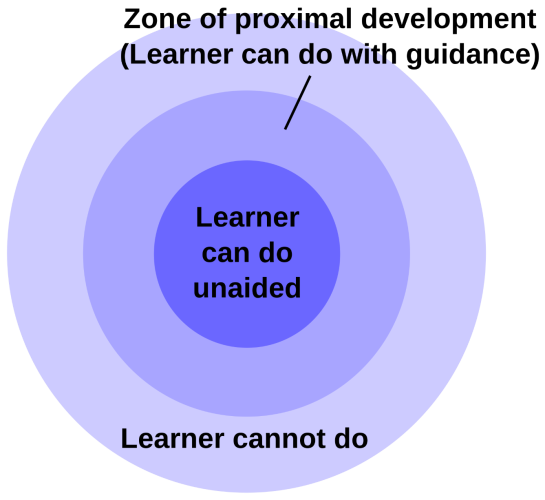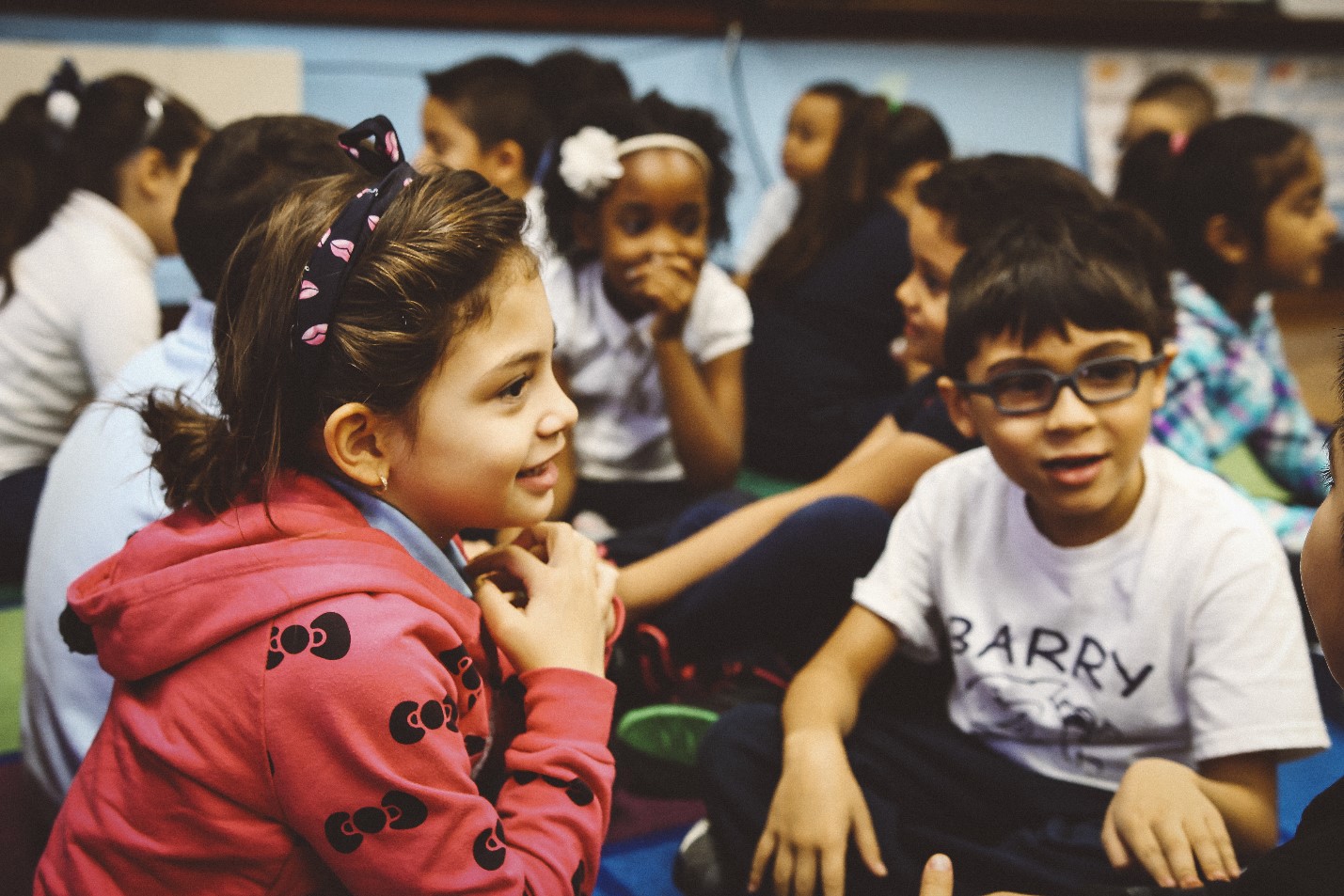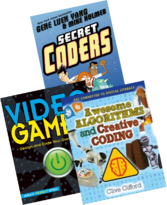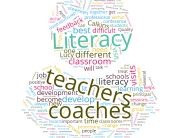In Kristi’s apartment, there is just one room where her plants thrive. Though she has tried for years to keep plants in every room, inevitably they make their way to the one at the front of her apartment. The mix of gentle light, constant temperature, proximity to a faucet for watering and something else indefinable creates a flourishing ecosystem for flora of all kinds. A similar phenomenon can appear in schools. Teachers create their own ecosystems, and we can cultivate a dynamic, engaged atmosphere, where children of all kinds thrive.
We believe the first step towards creating a classroom ecosystem of joyful growth is acknowledging, first, that it is under our control to do just that. There is no “they” that can take away the joy and light you can create in your classroom. Though we all, Kristi and Christine included, can be overwhelmed by forces beyond our control, our classrooms do not have to reflect that. When we bring our adult concerns (Benchmarks! Data! Evaluation rankings!) into a child-centered space, we risk shifting the center of the universe to ourselves, when really and truly it lies with our children. So, instead, we make choice after choice to re-center our classrooms on our children: we choose to proactively support children; we choose to sing our transitions even if we feel like yelling them; and we choose to reflect on the efficacy of our teaching when things don’t go the way we hope. There is nothing magical in the formula for creating classrooms of joyful effort, they are built by teachers one thoughtful choice at a time.
Choose Workshop Teaching
Workshop teaching, the model that starts with a short focused lesson, moves children quickly into independent practice and wraps up with a meaningful share session, allows teachers to bring Vygotsky’s zone of proximal development into the classroom. One of the essential aspects of building classrooms of joyful growth is that children see a positive correlation between their effort and their growth. Whole class instruction, by its nature, is not going to develop this correlation for many students. It will either be too easy, thus leading to the erroneous correlation that learning requires no work, or too hard, leading to the equally damaging assumption that no amount of effort will help you learn. Instead we need to quickly shift children into independent practice so that we can help support them at the edge of their zone of proximal development– we call this “just right risk.” The only way one can achieve that in a room full of diverse learners is through differentiated and individualized instruction. When we choose to support children at their starting point, giving them just a bit more of a challenge, we choose to teach them the greater principle that effort has tangible and marked links to growth.

Illustration of the zone of proximal development, representing the borders of an individual’s current capabilities.
Choose Models and Mentors
Christine once heard Mary Ehrenworth say in a presentation, “Every read aloud we select is an ethical choice.” Read-alouds provide an opportunity for children to hear stories of growth and effort, flexibility and resilience, and to develop empathy for others outside their personal experience. We curate an anthology of stories and characters which knit our community together in shared narratives and ideas. Our library provides a source of inspiration and possibility for children. When we study characters in books, we learn new ways of being in the world. Every teacher reads aloud, but what we choose to read aloud can make all the difference in the ecosystems we create.
Choose Independence and Agency
Time often feels like the most precious commodity in a classroom, and so we develop shortcuts and systems to squeeze the most out of every minute to meet our teaching agendas. Creating classrooms of joyful effort often means sacrificing our own wants to ensure we meet children’s needs. We may want to unpack children’s backpacks for them, so we have more time to rush them into the guided reading group we have planned, but a child who waits for you to take out her folder will likely be a child who waits for you to tell her what the tricky word might be in that guided reading book. When we honor independence and agency in all things, we cultivate a mindset in children that they are capable individuals. When children enter a classroom, they should leave the adult world behind and enter a space designed for their size, speed and growth. When we choose to stop doing things for children because we want it to go faster or be neater, we choose to let children develop their own capabilities, responsibility and organization. Children who feel they have power and agency will bring it to all aspects of their day.
Choose Play
Ecosystems of joyful effort incorporate play in all of its myriad forms. Children learn through play and teachers who choose to honor that, honor childhood as a distinct and powerful period of time. Play means that children have opportunities to build with blocks, create art, imagine they are superheroes and have a dance party on the rug. We must teach those in power in the education world that this is learning. The child building with blocks is learning science, math and engineering. The child creating with art is stretching his literacy muscles and his ability to communicate in alternate sign systems. Children engaged in superhero play are developing story structure, abstract thinking, flexibility and resilience. Children having a dance party are growing social connections, building empathy and turn taking, and moving body parts across the midline for strong neural connections. When we choose to integrate and honor play, we leverage the most powerful instructional technique we know.

So, what actionable strategy can you use in your classroom tomorrow? Reframe your mindset to one of powerful possibility, analyze which of your students know that effort leads to growth, develop just right risks read stories that celebrate resilience, flexibility, persistence, optimism and empathy and create opportunities for play. Ecosystems are built one choice at a time, choose joy and lightness, choose children first.
Booksource Recommendations











[…] Click through to read the full post […]